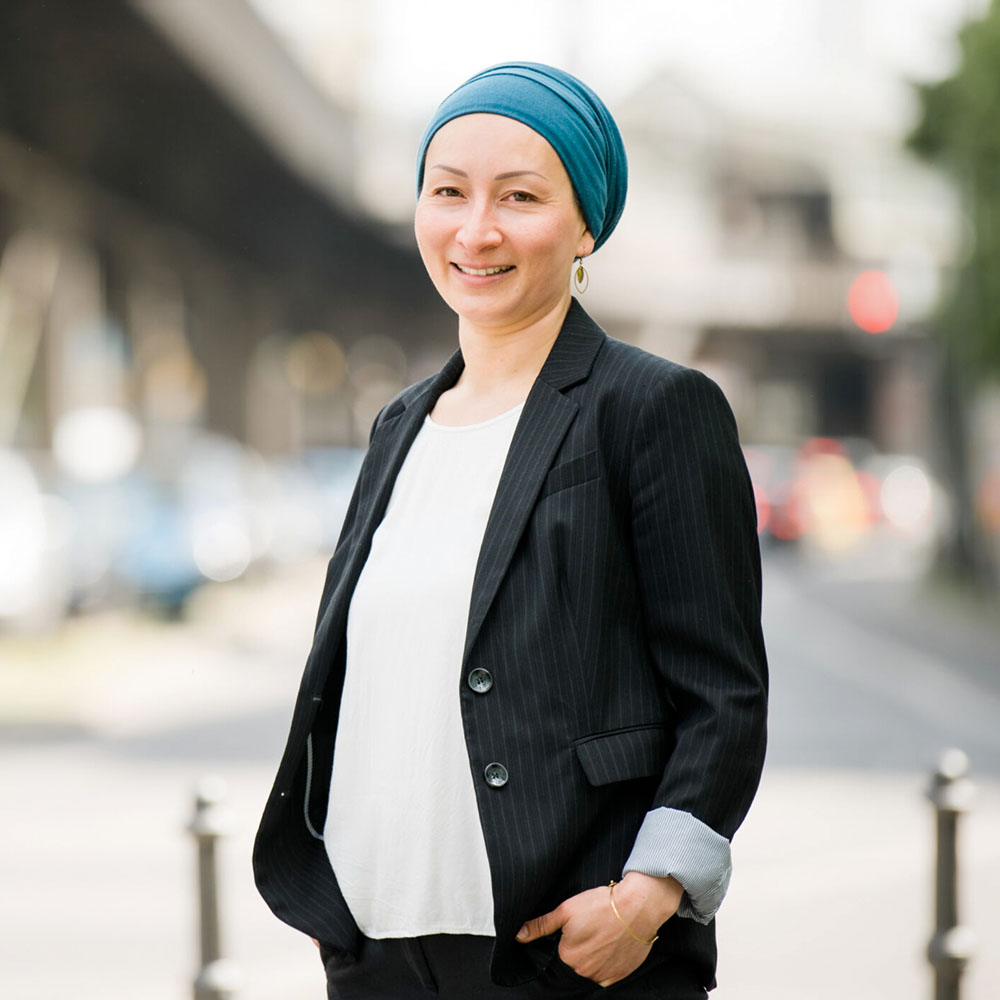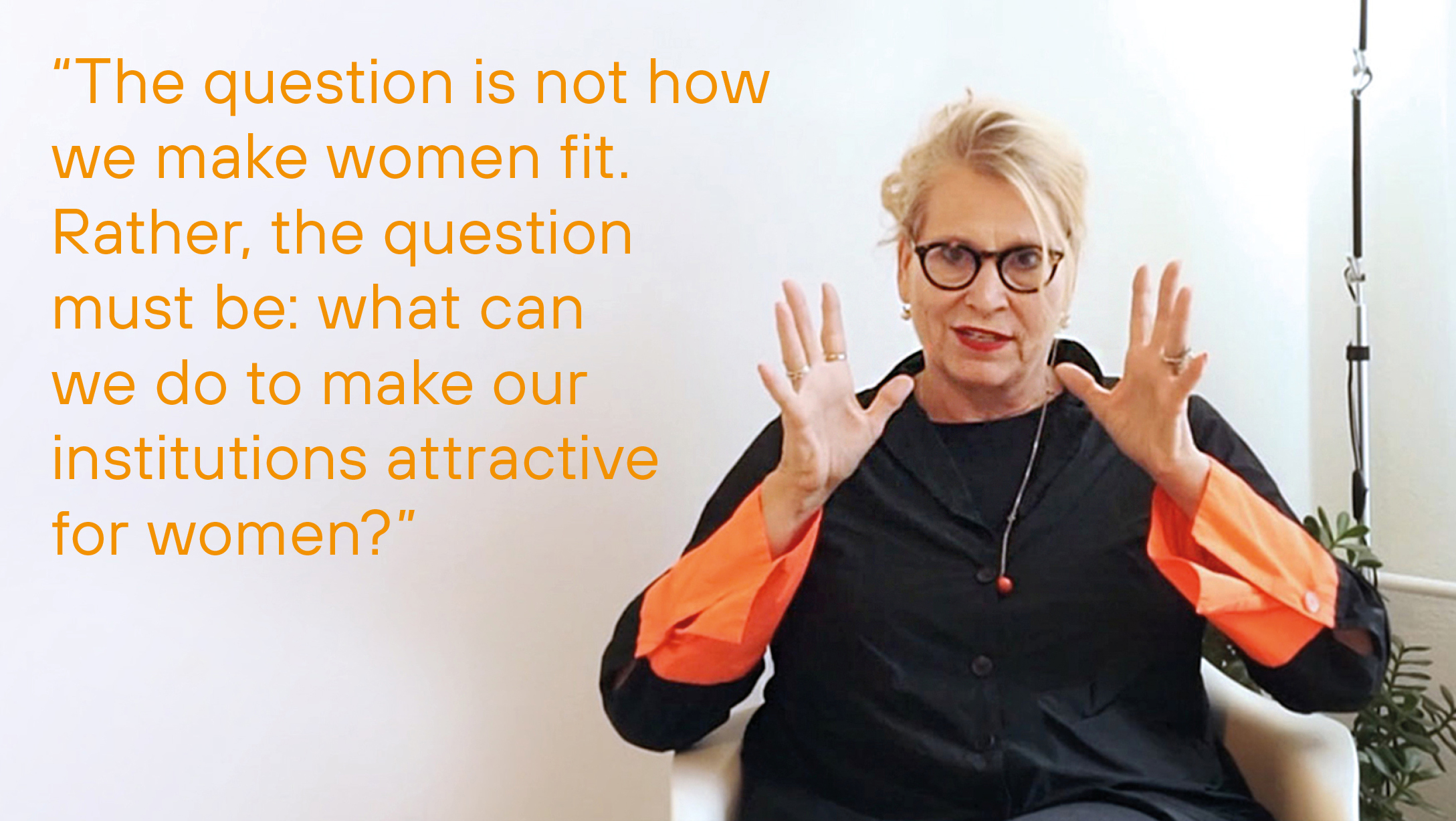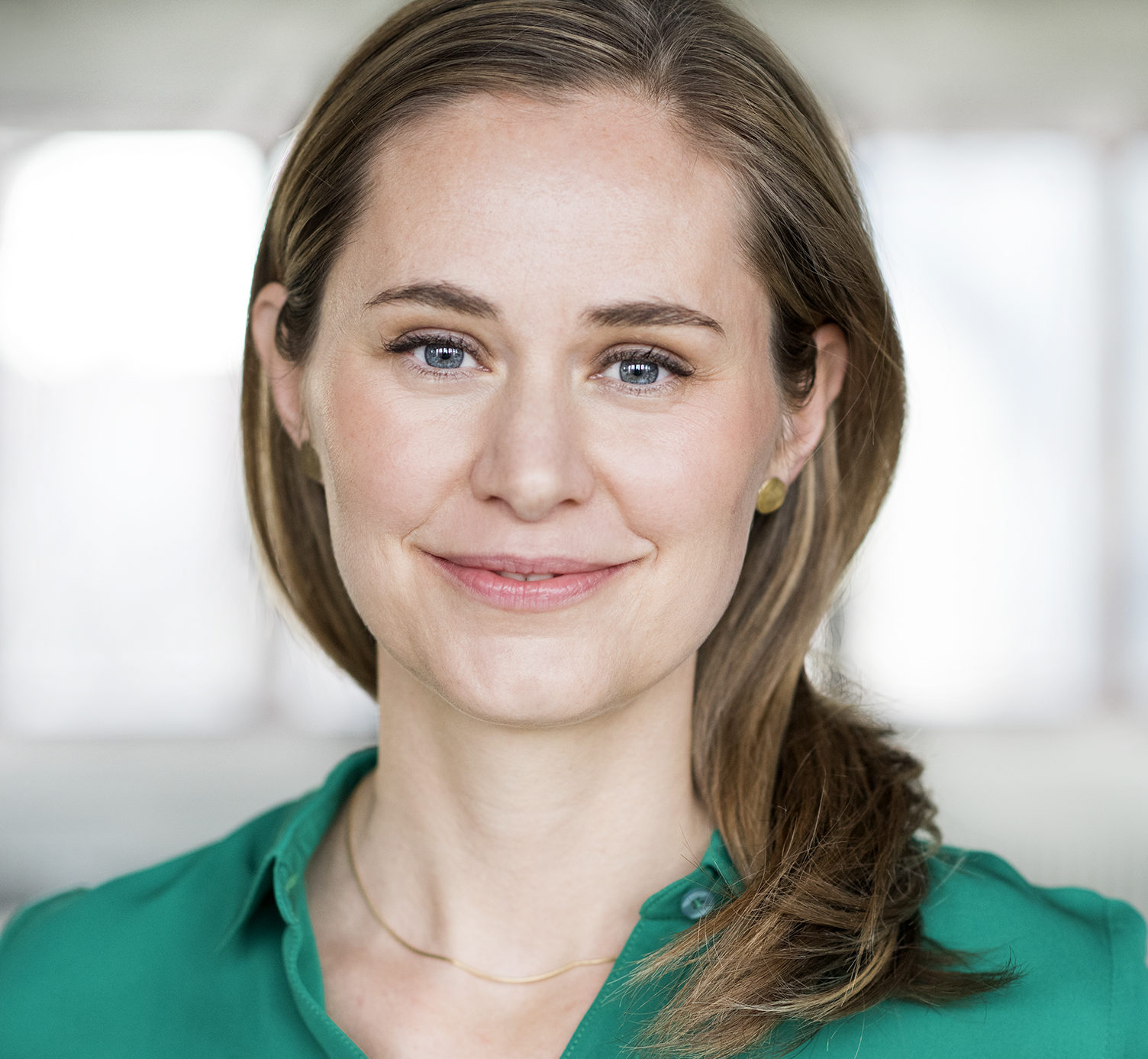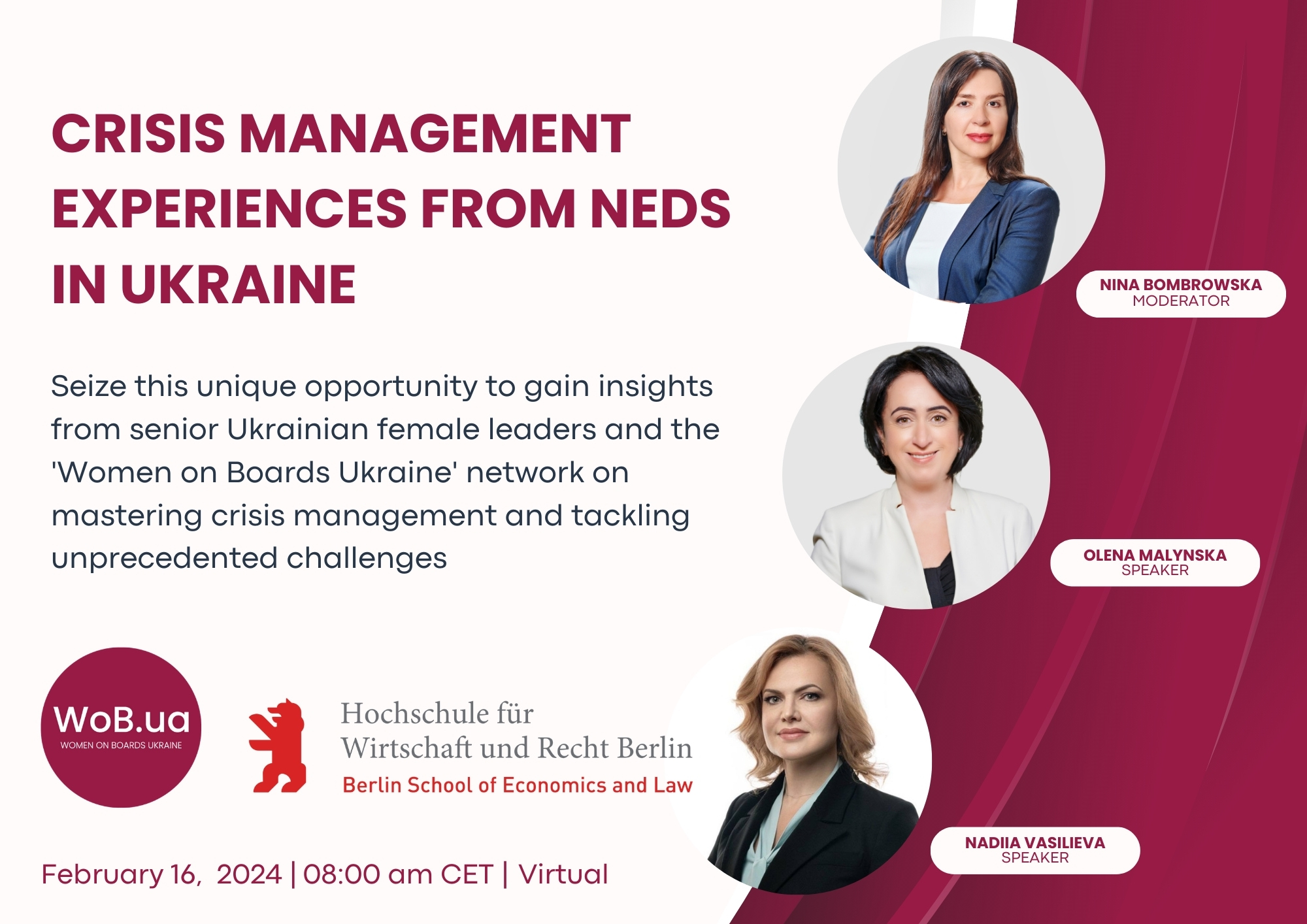 Julia Sujin Noël (born 1981), new to the compassorange team, had the wonderful idea of arranging “blind dates” with consultants from the compassorange team and entering into a mutual exchange. First she had an appointment with Bastian Bretthauer (born 1966):
Julia Sujin Noël (born 1981), new to the compassorange team, had the wonderful idea of arranging “blind dates” with consultants from the compassorange team and entering into a mutual exchange. First she had an appointment with Bastian Bretthauer (born 1966):
J: Dear Bastian, on our blind date we want to talk about which views, opinions and approaches we have discarded over time – and which ones we continue to adhere to. do you want to start
B: Gladly. Well, when I was much younger, I had very clear convictions: what I stand for, what I think is good, what I think is bad. I still have those beliefs – the values behind them; I just have a much more nuanced picture of it: what’s right, what’s wrong, what’s good, what’s bad? I’d say it takes naivety to say “that’s the way it is,” and my naivety has given way over the years in favor of a more multi-perspective, complexity-appreciating approach. I think it has to do with an inner psychological maturation process.
The second thing that comes to mind is my way of working as a coach, consultant and trainer: I used to be much more cognitive and didactic in learning contexts and thought more about the input: what kind of knowledge I would like to convey. This has decreased in favor of having good questions so that everyone involved can reflect. My approach today is much more involving and open, and less trainer-centric. I’m not important at all, actually.
J: Is there a certain parallel when you say you look at an issue from different perspectives today and acknowledge that there are multiple truths that exist in parallel – and in your work you also left a bit the duality teacher – learners?
B: Yes, and that simply comes from the experience of where you lose people and where you win them: That happens when you communicate more emotionally, more authentically; showing you as a whole person and also inviting them to be there as a whole person.
J: Today you also know that you can hold it all. At the beginning of your career, you might have even more respect for really opening the barrel.
B: Structure and knowledge and beliefs also provide security. Over time, we feel more inner strength and perceive different layers more finely, or we can let paradoxes stand in the room without dissolving them one-sidedly.
J: I find the paradox very exciting because I feel like it’s something that most people find extremely difficult to deal with. So not having fundamental truths and certainties. Would you describe yourself as a person who is very sure of himself?

B: I would say that’s an attitude that I’ve always actively nurtured within myself by actively reminding myself of it! I sometimes lose that too – then I connect with who I actually am: a large library with lots of books; when I think of this picture, I can go back to a confident calm.
J: I think that’s a great image of diversity, that is, of recognizing one’s own complexity and not being in conflict with it. What do you think made it possible for you to develop this way of dealing with it?
B: I am definitely a very curious person. I am interested in depth so much more than superficiality! Distraction is not as important to me as arguments or encounters. That certainly has something to do with my inner constitution, but I have nurtured and encouraged that within myself for so many years – I didn’t become a life coach and coach for nothing, and not a refrigeration technician! And I will continue to do this support, it is an active process.
J: Is there another view that you’ve changed over time?
B: The third thing is that when I was young I thought people change and develop, it just takes the right approach, or the right carrot. In the course of time, however, I noticed how persistent and holding on there is in life. I now have much more humility in front of everything that has been the way it is for a very long time and stays the way it is for a very long time…
And with you? If you think back to yourself 20 or 15 years ago, can you remember things that seemed absolutely crystal clear to you at the time and that you had to correct or that gave way to other things?
J: I’ve always been a principle rider – even at school! For example, I have steadfastly refused to speak to certain people or groups of people. If I was against the grain of how certain people appear or what they stand for, I wanted to clearly differentiate myself. That’s how I understood “show attitude”. But that was also the case in my (left) bubble: Anyone who spoke critically was immediately a “splitter”.
Then, over time, my boundaries are blurred; today I am most interested in the gaps and gray areas. That’s probably also due to the fact that I’ve worked in conflict regions for a long time: It was a complicated mix of situations, and there were a lot of gray areas. But I struggled with it for a long time because I identify so strongly with my principles. In the last few years, however, I’ve had another boost: Suddenly there were opponents of vaccination in my family and AfD voters in my circle of acquaintances, and that’s when I realized: If I raise my limits now, then I’ll take it directly to the division of society, specifically here, in my own life.
So I engaged in conversations with people whose views went against the grain. The more I learned about them, the better I was able to understand where their attitude came from. And at the same time I understood that my own beliefs are only a product of my imprinting and experiences. What has actually helped me open myself to other perspectives is the experience of raising children. Keyword humility! There is no black and white in education. You almost never know what you are doing, because you always do everything for the first time, because every child is different. You always only know in retrospect whether a decision was right or not. That’s when I realized: “No, you have no idea, you just have to keep learning.”
Maybe that’s a way of dealing with complexity: making yourself comfortable where it’s uncomfortable. Even if it’s a bit lonely there.
B: But maybe it’s not that long…? I like the “make yourself comfortable where it’s uncomfortable”!
J: I always have a pillow with me!
How about you with the basic beliefs that have remained the same for you?
B: There is definitely self-efficacy! I am a resilience expert, so I work on leadership and resilience, teams and resilience and organizational resilience. When this approach arrived in Germany 20 years ago, many people looked at the term with suspicion; as if it were a mental training opportunity to hold out longer in exploitative structures.
But if you go deeper and look: What concrete possibilities do people actually have to relate to society? And if you then think a lot and read a lot of books and visit many conferences, you will come back to yourself: “How can I deal with this in the best possible way?” And circumventing does not always mean adapting! It is said that the first step in taking action is with yourself: it all starts with yourself. In positive psychology, you look at your frames with which you perceive the world, and then you can already decide what to look at: So if there is something stressful, or a crisis, it is important to look at the aspects that help you, for example, to look for the advantage in the disadvantage, or how you can do this in the best possible way. I thought so very early on; that is my belief to this day.
And: gratitude! This is also something that has to do with positive psychology: there is such a power in looking at life when you assume that you can shape the world, that you are grateful for the things that are successful and that are there.
How would you answer the second question?
J: Hmm. Perhaps my answer to the second question is even the same as the first? I mean, I’ve given up the belief that there is absolute truth in every question. But at the same time I still keep searching for the truth – only now I know that there are many versions of it. And loyalty to principles also means that if I have new knowledge, then I have to draw conclusions from it. Responsibility is something that is incredibly important to me. So, as I learn from other people’s different walks of life and experiences, I am responsible for adjusting my perspective. So my answer might be close to yours again: What you describe as “Take a look at what’s going well, see where I can influence and shape things myself” – that also means taking responsibility.
Anyway, thank you for agreeing to our blind date!
B: Thank you for your questions and for this nice conversation!







